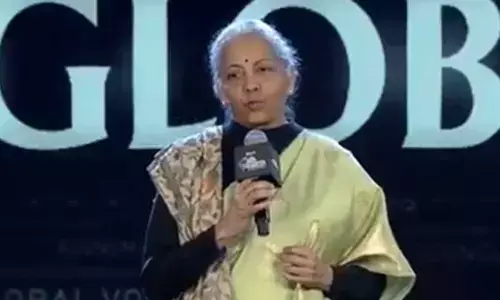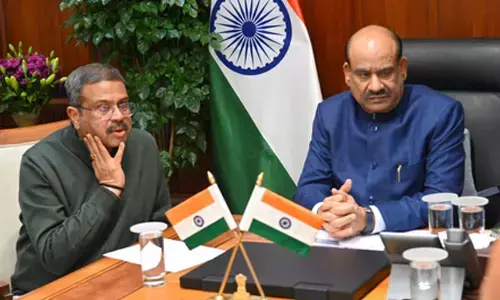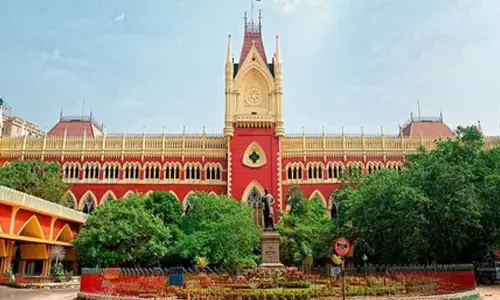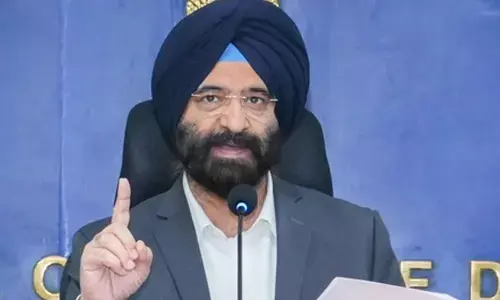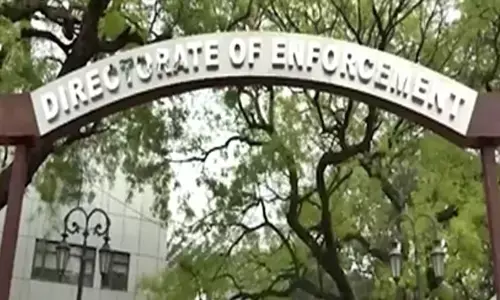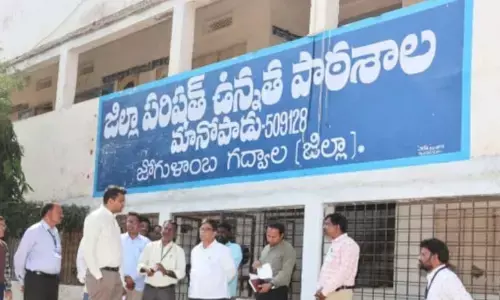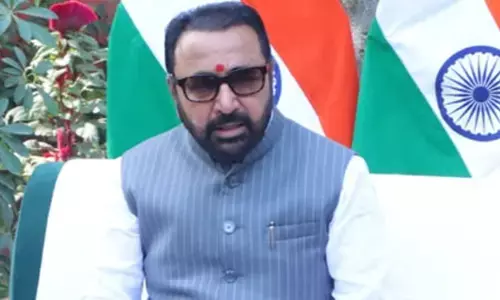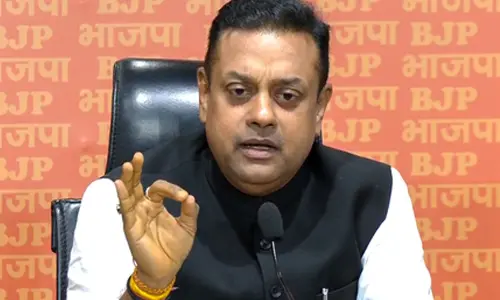Top RBI official speaks up for central bank independence
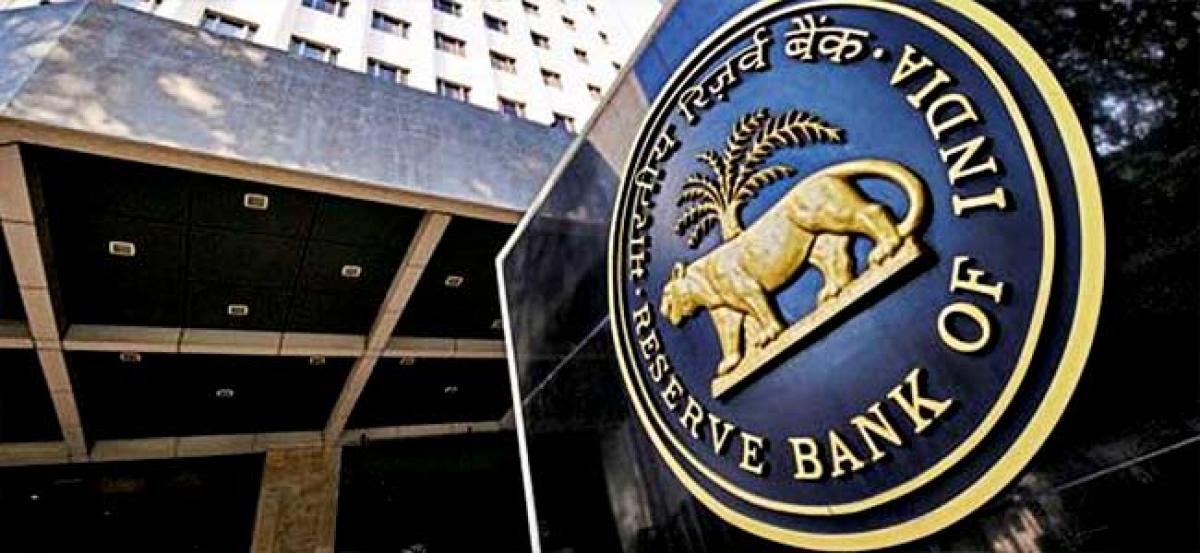
A top Reserve Bank of India official said on Friday that undermining a central banks independence could be potentially catastrophic, in comments appearing to push back against government pressure ahead of a general election next year
Mumbai: A top Reserve Bank of India official said on Friday that undermining a central bank’s independence could be “potentially catastrophic”, in comments appearing to push back against government pressure ahead of a general election next year.
Government officials have recently called for the RBI to relax its lending restrictions on some banks, and New Delhi has also been trying to trim the RBI’s regulatory powers by setting up a new regulator for the country’s payments system.
RBI Deputy Governor Viral Acharya said in a speech on Friday that more needed to be done to ensure effective independence for the central bank in its regulatory and supervisory powers.
He also noted in his address to top industrialists that the Argentine government’s meddling in its central bank’s affairs in 2010 led to a market revolt and a surge in bond yields.
“The risks of undermining the central bank’s independence are potentially catastrophic,” said Acharya, adding that rash moves could trigger a “crisis of confidence in capital markets that are tapped by governments and others in the economy.”
Acharya, who had three of his fellow deputy governors in the audience, also thanked RBI Governor Urjit Patel for his “suggestion to explore this theme for a speech,” in a show of unity from an institution typically known for its restraint.
India’s Finance Ministry was not immediately reachable for comment following the speech.
Government officials have called for the central bank to ease its lending restrictions on some banks that have a low capital base.
The RBI has identified 11 such state-run banks that are barred from lending unless they shore up their capital base after a massive rise in bad debts on their balance sheets.
Separately, the government has been trying to establish a separate regulator for the payments system, which is currently handled by the RBI as part of its functions related to banking regulations. Last week, the RBI published an unprecedented note expressing its opposition to the move.
Indian Prime Minister Narendra Modi, who faces a re-election campaign early next year, is under pressure as higher international oil prices have driven Indian fuel prices to record highs, leading to protests.
Stock markets, which scaled new highs in August, have since given up all of their gains for the year amid fears of a liquidity crisis among non-banking finance companies (NBFCs), in the aftermath of the IL&FS debacle.
Modi’s government has also been mired in allegations over a corruption scandal tied to a military jet deal with France, and this week the government faced opposition protests over its move to suspend the chief of India’s top crime fighting bureau.
WORK IN PROGRESS
Acharya, who is in charge of departments including monetary policy and exchange rate markets, also defended the central bank on its effectiveness following a pile-up of bad debt worth $150 billion in banks. He said that the bank was “statutorily limited” in taking a full scope of actions against state-run banks.
Acharya reiterated the need for a central bank to fortify its balance sheet against external shocks in the face of demands by governments to transfer surplus reserves to its coffers.
Referring to NBFCs, Acharya said that systemic risks can build in shadow banks when important parts of financial intermediation are kept outside the purview of the central bank. He warned this could come at “substantive costs to future generations in the form of unchecked financial fragility.”
While the RBI is not statutorily independent, as the governor is appointed by the government, it enjoys broad autonomy in setting rates. Acharya acknowledged the government’s efforts to bring in legislative changes that allowed setting up a monetary policy committee in 2016 and distancing itself from monetary policy decision-making.
But he said interference by the government in operational areas could erode the credibility of the central bank and push up market yields and weaken the exchange rate.
“Governments that do not respect central bank independence will sooner or later incur the wrath of financial markets, ignite economic fire, and come to rue the day they undermined an important regulatory institution,” he said.
Those “who invest in central bank independence will enjoy lower costs of borrowing, the love of international investors, and longer life spans,” he added.








